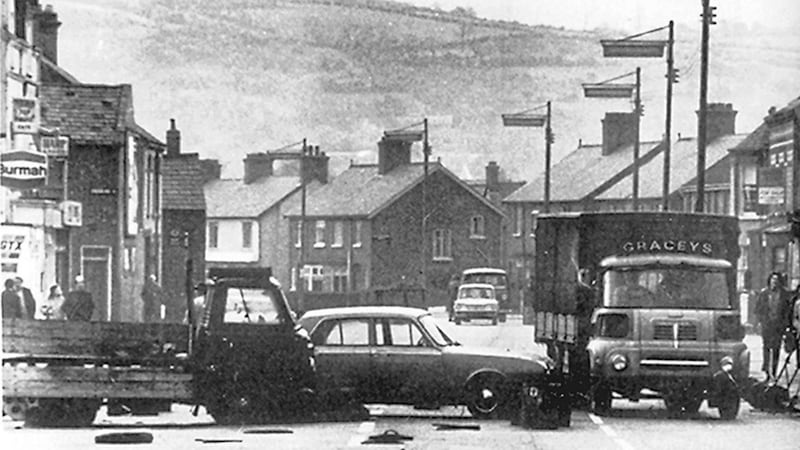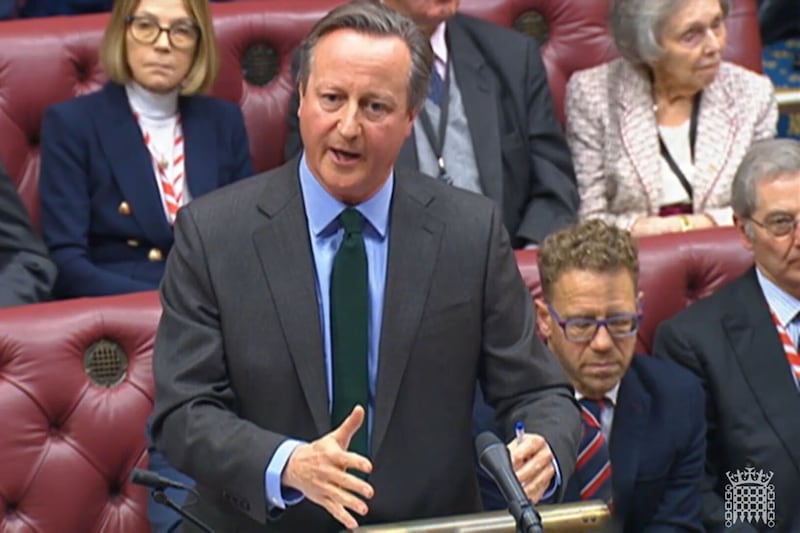CLOSE to £350 million will be spent on a UK government support scheme for traders between Britain and Northern Ireland by the end of the year.
The Trader Support Scheme (TSS), managed by a consortium led by the Japanese tech and logistics giant Fujitsu, was last week extended for another year.
While the extension is welcomed by hauliers and logistics specialists, some still complain there are problems with both the IT system and the call centre support, the two elements of the contract.
The scheme, launched in late-2020 ahead of the UK’s January 2021 withdrawal from the EU, had an initial price tag of £180m and was planned as a measure to help to ease the introduction of the NI Protocol.
But the failure to come to an overall agreement of the protocol provisions of the EU-UK withdrawal agreement has led to the extension of the contract.
In a written answer in the House of Commons, not previously reported, then NI Minister for State Conor Burns revealed the total spend.
“By the end of the year, we will have spent £340m helping traders process 2.3 million customs declarations through the Trader Support Service for trade between Great Britain and Northern Ireland,” he said.
“But this just reduces the burden on NI purchasers and GB suppliers rather than removing it, which is why we need changes to the protocol to deliver a sustainable solution.”
John Martin, policy manager with the Road Haulage Association (RHA) in the north, said the ideal situation would be no bureaucracy and no checks for goods coming from Britain.
Mr Martin said: “Members are experiencing difficulties including their understanding of the rules. There are quite a number of issues with the trader support service. Advice can change day to day depending on who speak to (at the customer service centre).”
He described the cost as “extortionate”, though noting the UK government is covering.
“The fear is once the service is discontinued, the cost will be placed directly on the traders, logistics, which will be passed on to the end user, the consumer,” Mr Martin said.
“What they are looking is for are no requirements for paperwork and bureaucracy for goods moving between GB and NI.”
HMRC, which is managing the funding, signed off on the extension, concluding it is “on balance, the proposal is value for money and deliverable”.
The Institute of Export and International Trade, part of the consortium, welcomed the extension, claiming it “had already played a vital role supporting trade”.
.
He said: TSS has kept consumer goods on shelves in the region and has even ensured key medical supplies – including emergency blood donations – have been delivered across the Irish Sea without delay.”
The TSS cost £63m for the six months between January and July, suggesting the total by the end of next year could reach close to half a billion.








